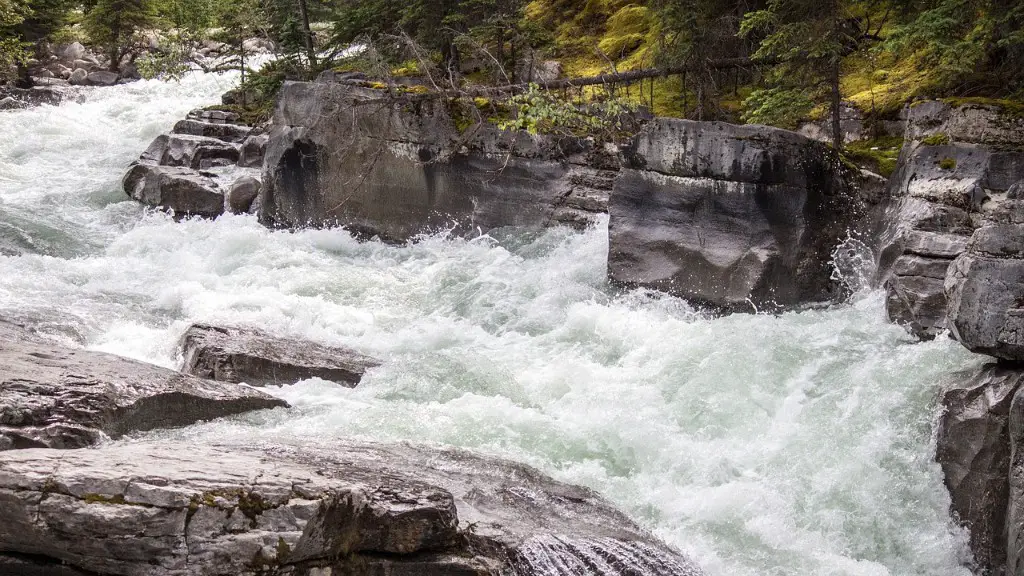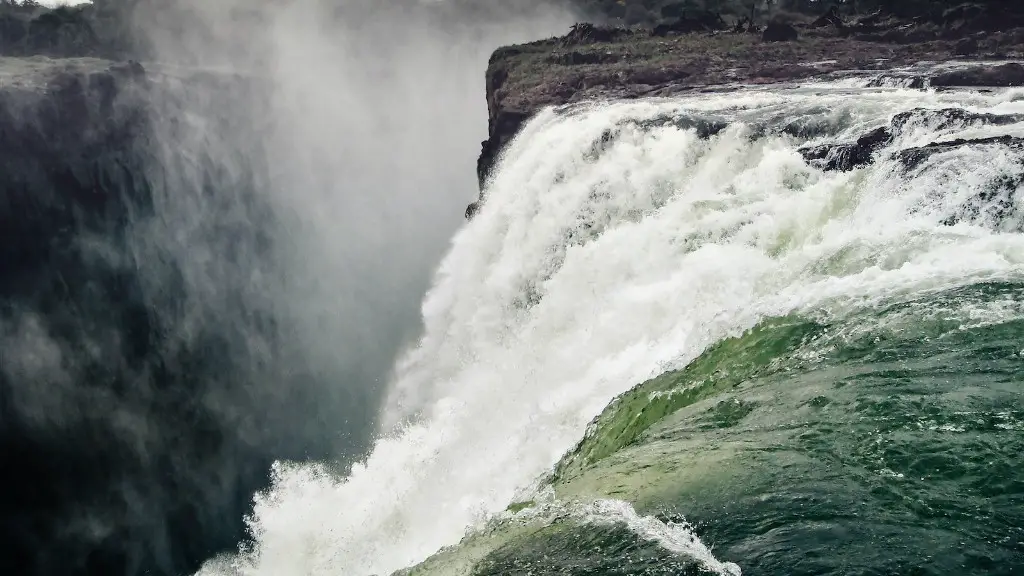The Mississippi River is one of America’s longest rivers, stretching over 3,700 km from source to mouth. It traverses a large part of the U.S.’s central plain, eventually emptying into the Gulf of Mexico. It is one of the most important commercial and ecological systems in the U.S., providing a crucial transportation route and an abundance of natural resources. The Mississippi River has an illustrious and eventful history and civilization has long been intertwined with the River in many ways. While the Mississippi River is revered and cherished by many, what exactly does the Mississippi River do for us?
Economic Benefits of the Mississippi River
The most obvious benefit of the Mississippi River is the economic support it has provided. The river has been home to thriving commercial activities and industries since the 1800s. Mississippi River steamboats played a pivotal role in the development of the U.S. economy in the 19th and early-20th centuries. The river provided an efficient means to transport goods, people and livestock over enormous distances, slashing transportation times and stimulating growth. Today, the Mississippi River continues to play a vital role in transporting goods, with the lock and dam systems, which along with other engineering works, have allowed for craft of up to 57m length and 6,000 tonnes weight to travel the river as far as Minneapolis.
Apart from transportation, Mississippi River’s waters also support a number of industries. It provides an abundance of raw materials such as fuel, aggregates, and other minerals. From tourism and recreation, to fishing, timber and aquaculture, the river has generated billions of dollars in revenue and is a major contributor to the nation’s annual GDP.
Ecological Significance of the Mississippi River
The Mississippi River also plays a vital role in the ecosystem. In North America’s lower 48 states, the Mississippi supports nearly two million acres of wetlands. Wetlands provide important habitats to innumerable species and act as natural buffers and water filters. In addition, the water quality of the Mississippi is monitored by the EPA and various other agencies, to prevent and reduce water pollution caused directly or indirectly by human activities.
The Mississippi also plays a major role in flood management, with its 23 locks, dams and weirs, which regulate the river flow over much of its length. The embankments and dams found along the river also play an important role, by controlling and containing the water so it does not overrun and overwhelm the floodplain. This reduces the risk of flooding and subsequent damage to land and property.
Mississippi River as a Source of Recreation
Apart from the economic and ecological benefits, the Mississippi River is also a source of recreation. Every year, millions of people flock to the banks of the Mississippi for fishing, kayaking, swimming and other water-based activities. Furthermore, the river has provided the inspiration for many works of art, books, films and can be considered a source of spiritual solace for many.
Quality of Life Provided by the Mississippi River
Mississippi River’s importance transcends economic and ecological factors. Its impact on people’s quality of life should not be understated. It has shaped the culture of several cities, states and Native American Tribes. Additionally, the river is a source of solace, refuge and a cause of celebration. From the legendary Mississippi River, festivals to Mardi Gras, the cultural diversity and charm of American life is present in its inhabitants.
Threats to the Mississippi River
Although humans have used the Mississippi River for centuries, it faces major threats from our activity. Climate change, agricultural runoff, soil erosion, overfishing, marine debris and habitat loss have all had a significant impact on the physical, behavioral and biochemical properties of the river. In fact, a study found that fish populations in the river had decreased over the last few decades as a result of industrial pollution, which is yet another threat to the Mississippi River.
How We Can Protect the Mississippi River
The US Army Corps of Engineers, along with local and federal agencies, have implemented many measures to protect and ensure the sustainabilitythe Mississippi River. These include reducing discharge of pollutants, restoring degraded aquatic habitats, controlling erosion and sedimentation, monitoring water quality and establishing riparian vegetation. People can do their part by engaging in activities that preserve the natural ecosystems and reduce their own impact on the environment. This could be as simple as disposing of trash responsibly or joining clean-up initiatives.
Conclusion
The Mississippi River is considered one of America’s greatest water systems and is a vital source of transport and recreation for many. The economic and ecological advantages it brings are undeniable and if it is sustainably managed, its many benefits will serve generations to come.


